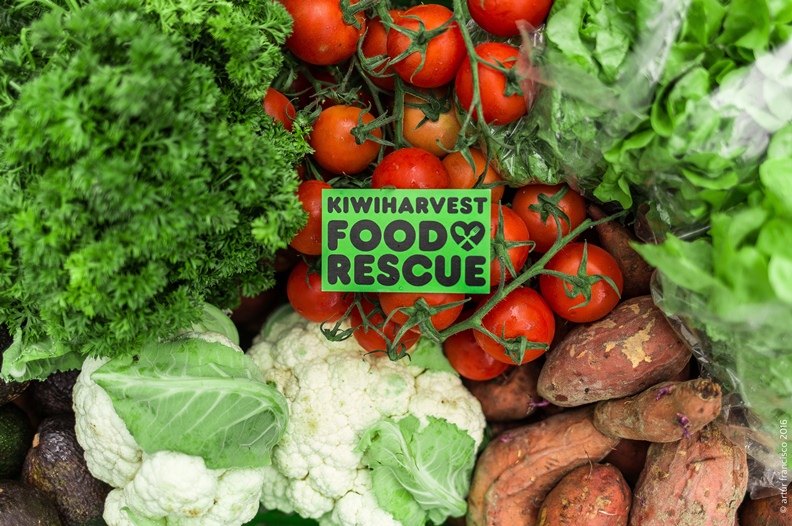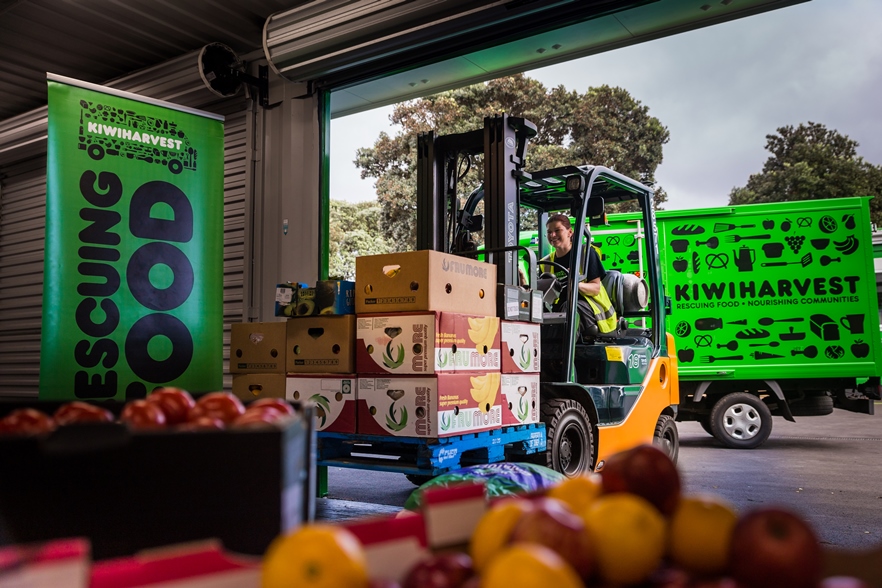New Zealanders in need during the COVID-19 lockdown are set to further benefit from a food charity’s distribution programme.
KiwiHarvest, a national food rescue charity which collects food from retailers before it goes to waste and distributes it to those in need, will now be able to meet more of the rapidly growing demand for food parcels.
The charity’s supply chain was impacted during the current lockdown which has seen the closure of thousands of restaurants and cafes around the country. The organisation saw a surge in donations from small businesses forced to close at short notice but logistical constraints impacted on their ability to collect and distribute the food.
Similarly, a shortage of staff at supermarkets has restricted the flow of donations of FMCG goods from this channel.

Now, a new source of funding from meal-kit provider HelloFresh will see a cash injection of $35,000 to support the service along with the surplus food provided in Auckland – particularly in low income areas such as South Auckland.
KiwiHarvest CEO Gavin Findlay says during these difficult and uncertain times demand for food has continued to grow.
“Many people have had to take time off work, have experienced pay cuts or have been made redundant. As a result Kiwi families and communities are struggling financially and need support more now than ever. This donation from HelloFresh will help us make sure those people, who need food the most, get the support they need,” says Findlay.
HelloFresh New Zealand CEO, Tom Rutledge says his company was happy to be able to meet the immediate need of the charity.
“This is an unprecedented time and one difficult for us all to navigate. We can only imagine the impact this environment is having on those already struggling in our communities.
“We hope the donation from HelloFresh will not only help KiwiHarvest deliver meals to those in need but act as a reminder for New Zealand individuals and companies to be conscious of the current needs of those less fortunate in our community by donating or sharing a message of hope,” he says



